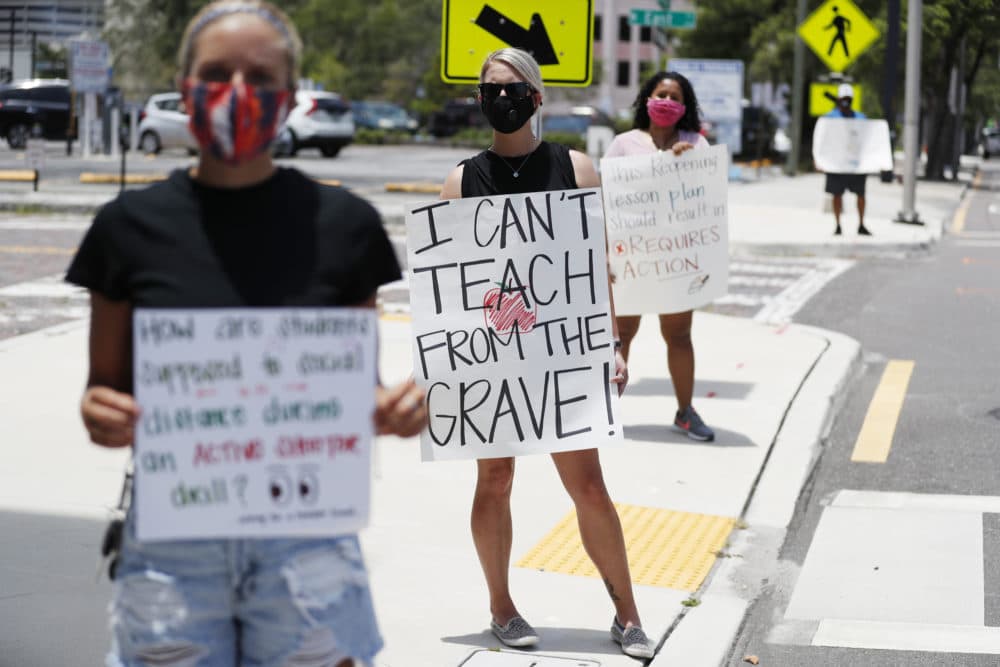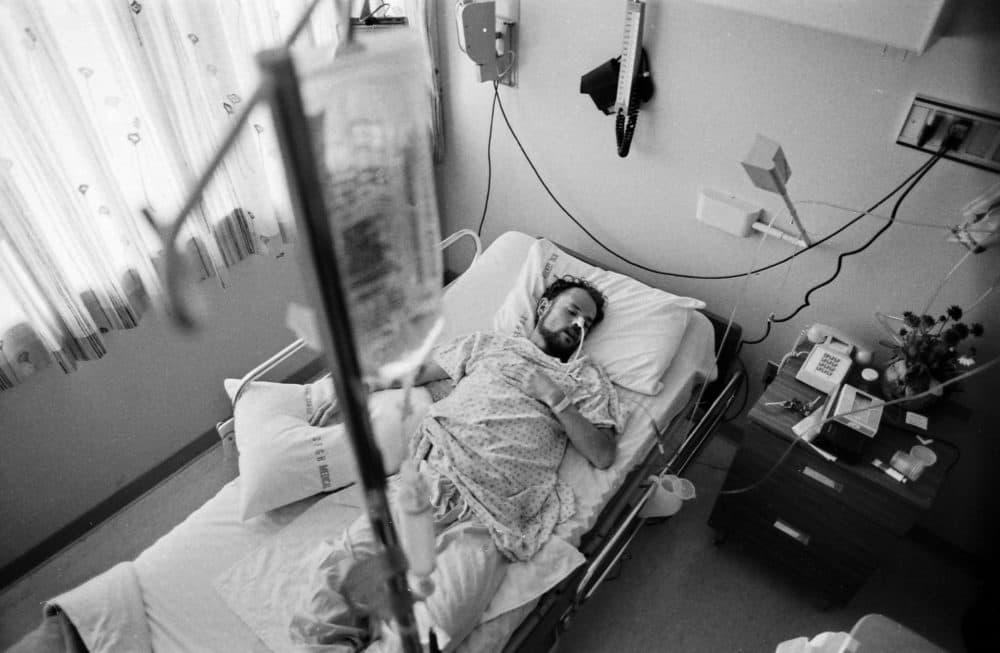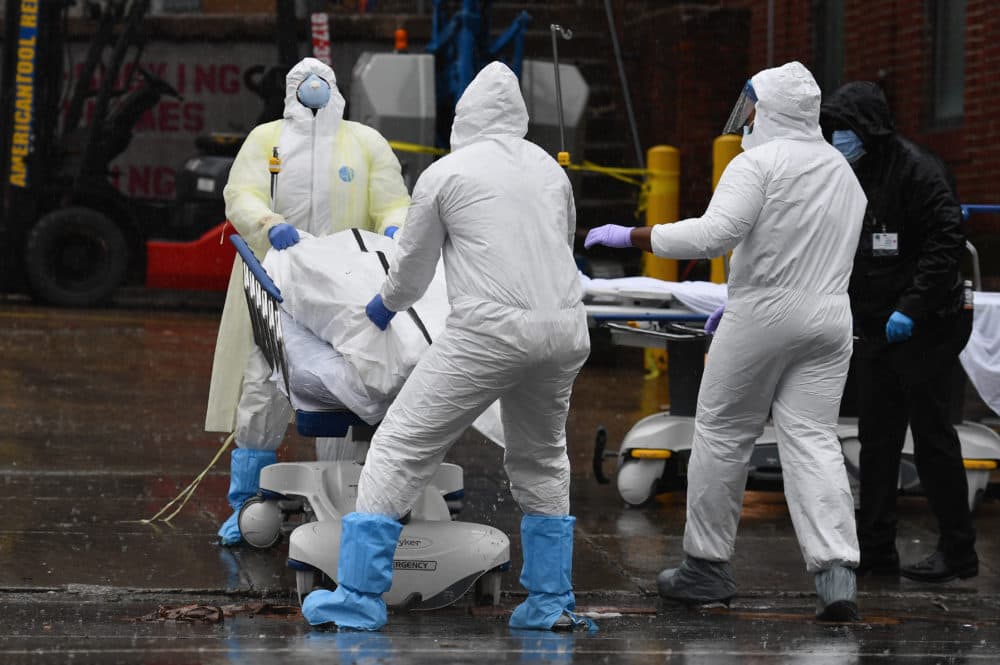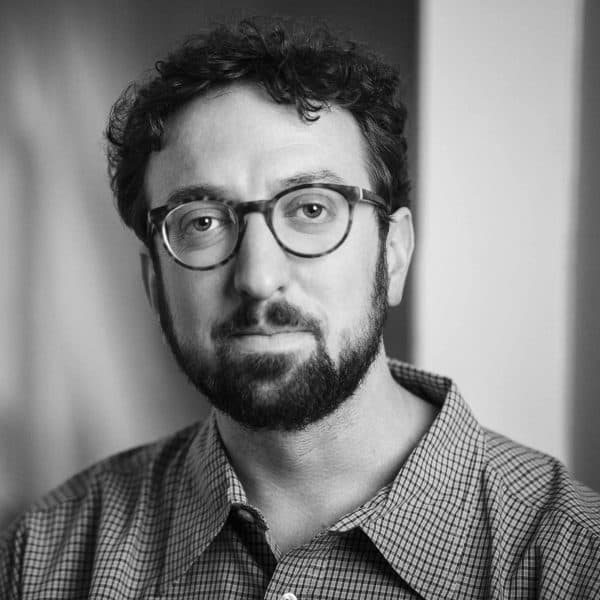Advertisement
Commentary
'I Live To Teach,' But I Can't Return To The Classroom This Year

When it became clear in March that the high school where I teach was going to go online, I crouched at a table while one of my students cried. She was afraid to lose the comfort of coming to school and just as scared of the virus that was now all around us. I tried to calm her. “There are people who know what to do,” I said. “They have seen SARS. They have seen Ebola. They have seen HIV/AIDS.”
“Yeah, but AIDS is different,” she said, looking up from her folded knees. “AIDS doesn’t kill the people who get it.” That’s true today, but it was not true in 1986 when I was 4, and my family moved to the epicenter of the AIDS pandemic in northern California.
By then, my father was already familiar with what HIV could do to a person. A doctor and scientist, he’d seen his first AIDS patient years earlier. That young man was a soldier who was sent to Salt Lake City, Utah when the white spots appeared. My dad knew he was looking at something new and terrifying the moment that patient died. But by the time all the doctors looking at all the dead people realized what they had on their hands, it was too late.
My father was frustrated by how little was known. We moved to the Bay Area so he could care for veterans and run a lab that was racing to uncover clues about the virus. My parents bought a house in a quiet neighborhood they couldn’t afford, partly so that work would not follow my father home. And when we said work, we really meant death.
But your address cannot keep dead souls from following you home. Eventually, we gave in. We talked about death and dying, which swirled around us in those years.

When I was 7 or 8, I went with my school on a field trip to San Francisco, but as we came off the Bay Bridge, we took a detour. The school bus pulled to a stop in a neighborhood with a strange name. It was called the Tenderloin. The director of the school — who in retrospect was a person who understood nothing about teaching or children — explained that life wasn’t just fun field trips. We needed to see the city’s shadows.
We marched down the street, past people under newspapers, writhing in blankets, their gaunt faces marked with spots. The air of death hung in the doorways and its weight pulled the world down out of the sky. I was at the back of the group when an older man with bright blue eyes approached, his hood up, his hands wrapped in wool to beat back the dampness of the city. He peered through my large glasses with purpose and kindness, crouched at my height, and gently said, “You have come. But you have to go. It is not safe for you here. We have to get you out of here.”
Advertisement
I have no recollection of my response, but I do remember that he kept talking to me. “You cannot be here,” he said. “We have to go. You must let me take you with me. It is not safe here. Look around you.”
The intervention was swift. A young male teacher from the school asked the blue-eyed man to leave me be.
“Step aside,” the blue-eyed man replied. “I need to take him with me. You see, don’t you? You must see it, right? He is the savior. He is the Lord Jesus Christ. We must get him out of here. Don’t be a fool. Look around you. It’s not safe here.”
He reached for me, and when the young man pushed him back, the blue-eyed man shrieked.
The class was abruptly herded back toward the bus. From a distance, the blue-eyed man’s cries broke over the street like a wave. Call him a kidnapper or crazy if you like, but I will not. Given the world he was presented, I see bravery and compassion. To this day, I think he may be one of the few truly sane men I have ever met.
We know that you cannot just put up a wall between work and home and tell death to pick a side.
My father always likes to remind me that too many doctors confuse medicine and science. Medicine is like carpentry, he says. Doctors are tradespeople. Over a lifetime, they accrue as many adages as they do tools. He has plenty.
“Your cold will last 14 days if I treat it, and two weeks if I don’t,” he says during cold season.
“Experts know more and more about less and less until they know everything about nothing,” is a (borrowed) perennial favorite.
But in this moment, another rings true. “At some point, there’s no use in looking at the odds with an illness. It’s 100% if it’s you.”
These experiences drive me to make sense of the world and to share what I discover with my students. I live to teach. In the last week alone, in the middle of summer, more than half a dozen students have called to share their continued work on projects we started last year because they want to do good in this world; and they are doing good in this world.
They are also kids. They guiltily mention little slips here and there. A day with friends without a mask. A party they know someone went to. I listen, knowing that theirs is an honest statement on reality. I love them no less, even though these are the very slips that can cost someone their life.
I also know this much: The reality of human imperfection that they live is not compatible with the myth of control that political, medical and educational leaders are confidently selling when they say schools should reopen. So last week I walked the empty halls of the school for the first time in months, cleaned out my desk, signed a form that said I would like to come back someday, and left my job teaching a class on disability history.

It is the only high school class of its kind in America, and we often study examples of history repeating, when all that would be required to avert disaster is to see and ask and listen to people whose experiences we too-often ignore. These days, I feel like one of those people. I worry that I am seen like the blue-eyed man; more for my scars than for what those experiences have taught me about how to navigate a world in a pandemic.
Yet my message is no different than my father’s when we talk on the phone. We know how to identify which ideas are the bad ones. We know what it looks like when leaders are in over their heads. We know which decisions, some timid and some bold, are ones that will lead to consequences that cannot be undone. We know when the world is saying "don’t come into this neighborhood," or "it’s a 100% if it’s you." We know that you cannot just put up a wall between work and home and tell death to pick a side.
If that knowledge is not fit for conversation when it comes to matters of such enormous consequence — if teachers like me cannot use our experience to gain the trust and support of those who would gladly tell us to put our lives at risk — then it is our responsibility to lead our students in other ways. It is our responsibility to leave that neighborhood with an air of death about it. It is our responsibility to refuse to take part at all.
